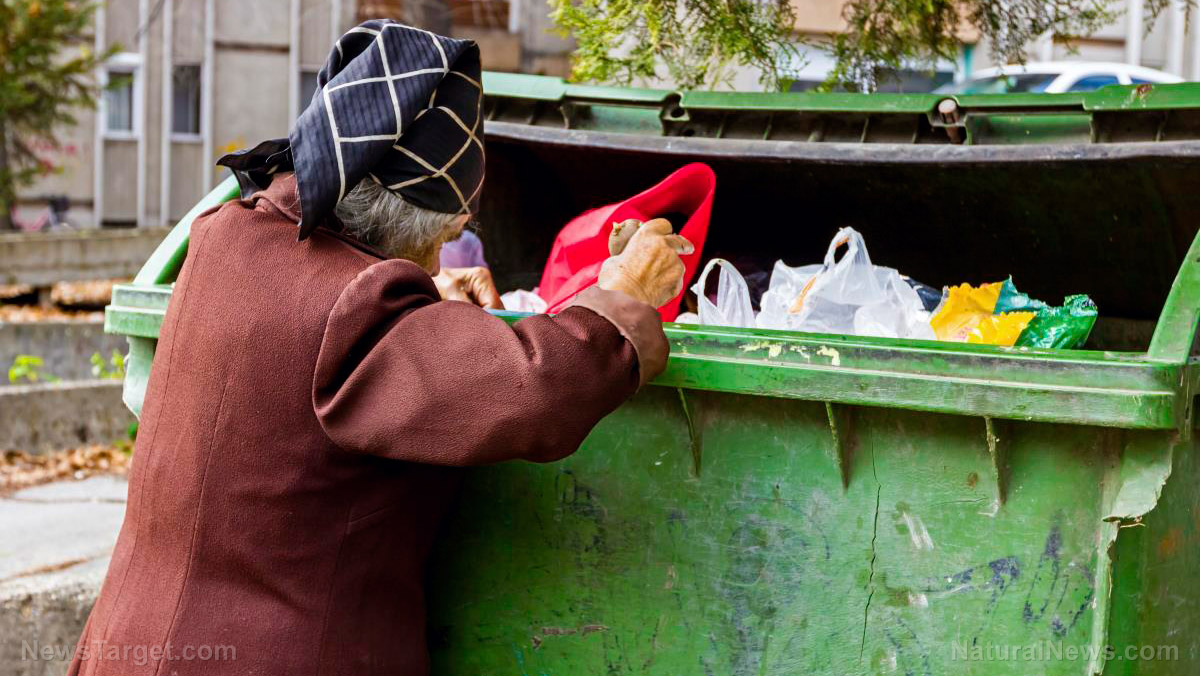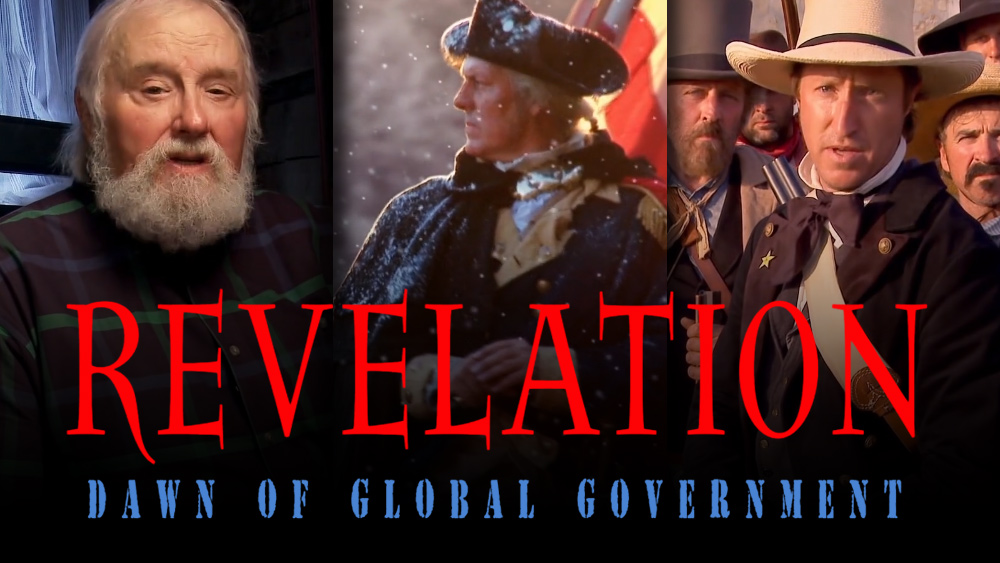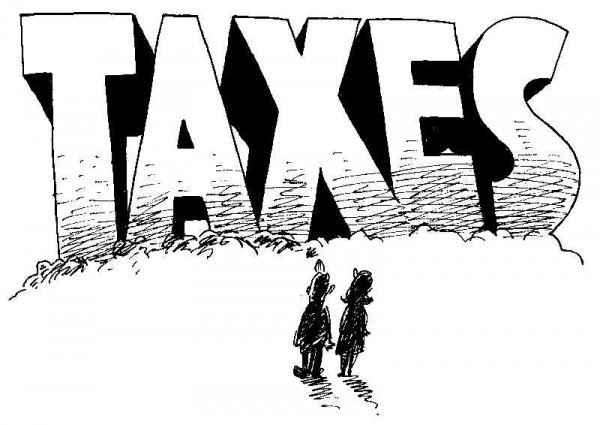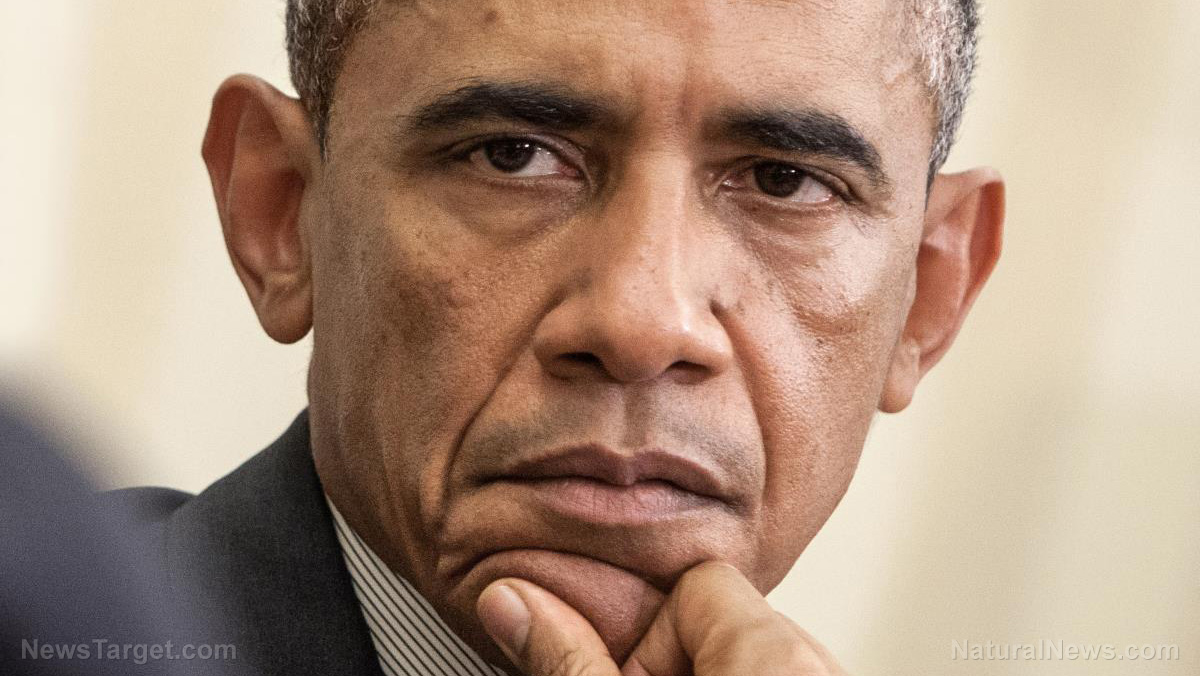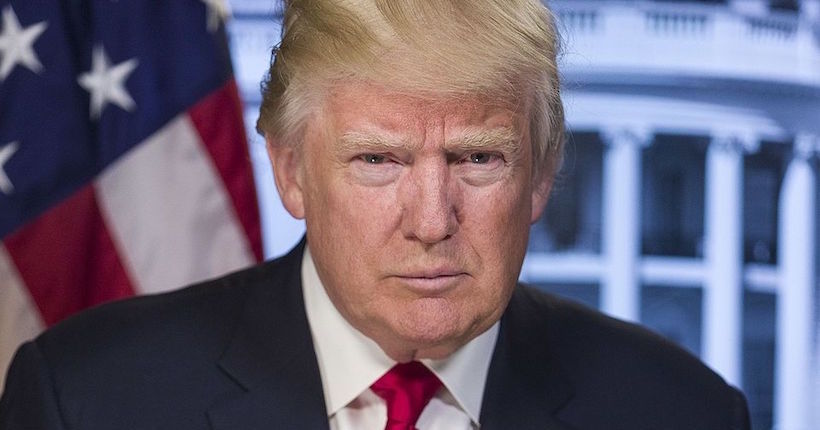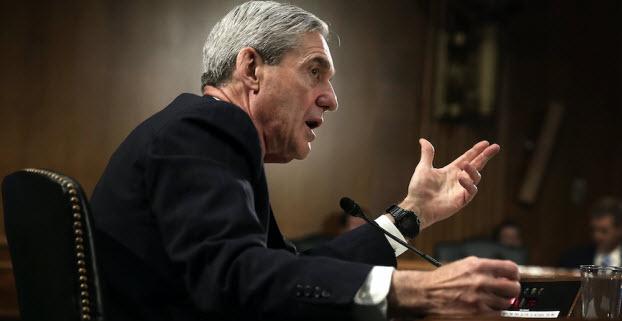Broke governments now want to tax streaming services – how come they never cut back on spending?
10/07/2016 / By usafeaturesmedia

(BigGovernment.news) The Sons of Liberty would be very busy these days chucking stuff into the harbor to protest higher and higher taxes, since nowadays cities, states and the federal government are so in debt thanks to overly-generous entitlement programs they can’t get enough of our money.
The next “big thing” on the taxman’s radar: Streaming television services.
A couple of years ago this wouldn’t have been any big deal – or any big new tax target – because streaming was just becoming a thing. But the convergence of much faster Internet speeds and expensive, underwhelming cable services stuffed with channels nobody watches has led to a new viewing revolution of sorts: Streaming television and movies on-demand and in real time.
Consequently, as AMI Newswire reports, such services are now being targeted by tax collectors:
Netflix, Hulu, Sling TV and online video services are being eyed as the next golden goose for tax revenues.
Dozens of California cities are deciding whether to follow the lead of Chicago, which began taxing Internet-based streaming downloads last month.
These efforts are meeting resistance. Chicago’s expansion of its amusement tax is being challenged in court. News of Pasadena’s finance director ruling that its 9.4 percent utility user tax could be applied to Internet services beginning Jan. 1 sparked so much backlash that city officials have since backed off that pronouncement.
City spokesman William Boyer told AMI Newswire that no decision has been made to expand or change the existing utility tax and that Pasadena is not taxing the Internet. He acknowledged that the release of the city finance director’s memo was premature, though.
“I think they got political blowback on that,” Jon Coupal, president of the Howard Jarvis Taxpayers Association, told AMI. “I think the city tried to sneak in a low fastball.”
As Americans have increasingly turned to the Internet for goods and services, some revenue streams flowing to states and municipalities have declined. That has led lawmakers nationwide to find ways to tax the Internet economy in order to firm up their budgets.
“In most states, taxation of digital goods would only raise in the tens of millions of dollars at present, not enough to have a significant impact on state budgets that are in the billions of dollars annually,” Michael Mazerov, a senior fellow at the Center for Budget and Policy Priorities in Washington, D.C., told AMI Newswire. “Still, broadening the sales tax base to include these goods (and related services, like Netflix streaming), could forestall some significant and harmful cuts in things like college financial aid and after-school programs. This would benefit state economies in the long run.”
Netflix alone boasts 48 million U.S. subscribers to its streaming services, according to company statistics, suggesting a revenue source ripe for harvesting.
Indeed, Pennsylvania this year moved to balance its state budget, in part, by expanding the sales tax to cover online movie streaming services, e-books and digital music downloads.
As the story suggests, however, tax-happy governments are getting push back, and in no small way, from consumers fed up with elected officials and bureaucrats picking their pockets and pocketbooks. Critics say that while there has been “cord-cutting” – abandoning cable and other pay TV for streaming services – nearly 70 percent of American households continue to subscribe.
But that is changing, and governments are aware of it. That’s why they have their hands out – again.
And you notice which cities are the quickest to demand new taxpayer contributions – Chicago and cities in California, both with generous pension and social benefits that are perennially under-funded.
What you’ll also notice is that the “solution” these free-spending liberals always arrive at is more taxes – not cutting back on benefits that they can’t afford.
Americans are going to have to decide at some point what they want – more “freebies” that are really only targeted at key demographics, or to keep more of their own hard-earned money. Otherwise, big city spenders and broke governments around the country are going to keep coming around with their hands out with some new, innovative way to steal your money.
More:
- TSA Security Background Checks Remain Unreliable
- More Proof That More Money For Education Does NOT Equal Better Outcomes
- The ‘Carbon Tax’ Idea Is Back Again, And This Time You Won’t Believe Who’s Pushing It
(c) 2016 USA Features Media.
Tagged Under: Biggovernment.news, budget cuts, streaming services, tax and spend


